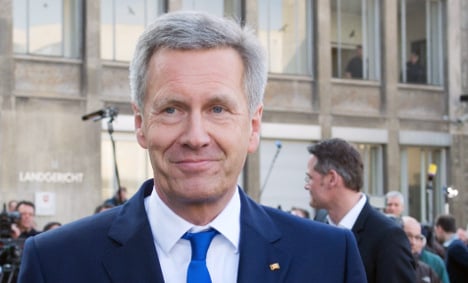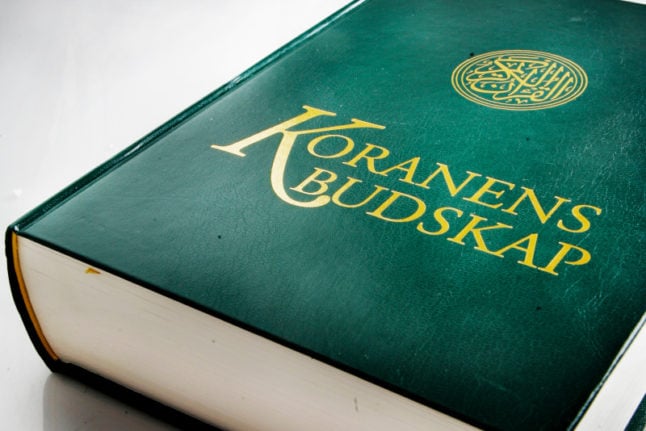Wulff, who once famously stated that Islam is now also a part of German life, said that the Islamic world was gravely destabilized, with fundamentalism stretching from north Africa across the Middle East, the Frankfurter Rundschau reported on Wednesday.
He claimed that Muslims feared living through a "global military confrontation" between Sunnis and Shiites that could parallel the 30 Years' War between Protestants and Catholics that devastated Europe.
“Everyone should do more to make this conflict smaller rather than bigger,” he said.
But Berlin-based Islam researcher Dr Ralph Ghadban told The Local that Wulff had misunderstood the conflicts going on in the Muslim world.
“Of course there is a confessional conflict between Sunni and Shia in the Middle East, but in North Africa, Nigeria, Afghanistan, Pakistan, it's a battle between traditional Islam and Salafism, and both are Sunni traditions,” he pointed out.
“We can't expect Herr Wulff to have such specialized knowledge, but because it's lacking his analysis is very limited,” he added.
Wulff went on to suggest that moderate Muslims should break off contact with hate preachers and radicalized people in their communities.
But Ghadban responded that this was exactly the argument used by opponents of Islam, who often call on Muslims to choose between commitments to their faith and to democracy.
At the same time, Wulff called for a nuanced view of Islam, noting that democracy was more popular among Muslims than among people in former East Germany.
Again, for Ghadban this was a simplistic view, as he noted that the argument over democracy and human rights has been going on within Islam since at least the 1930s – and that for many, “If called upon to decide between democracy and their faith, many Muslims would choose their faith.”
Anyone criticizing Islam should look at their own religion first, Wulff – himself a Catholic – said, adding that the Church had “a few questions still to answer”.
“Since my first years in the Catholic Church, I've always found that all social tasks are done by women and all decision-making tasks are done by men” – in defiance of the German Constitution's provision for equal rights for men and women.
Wulff resigned from the presidency in 2012 following accusations that he had received financial favours and that vacation costs for his family at Munich's Oktoberfest in 2008 were allegedly paid for by a film producer friend for whom he later helped promote a movie project.
He was later cleared of all corruption charges in 2014.



 Please whitelist us to continue reading.
Please whitelist us to continue reading.